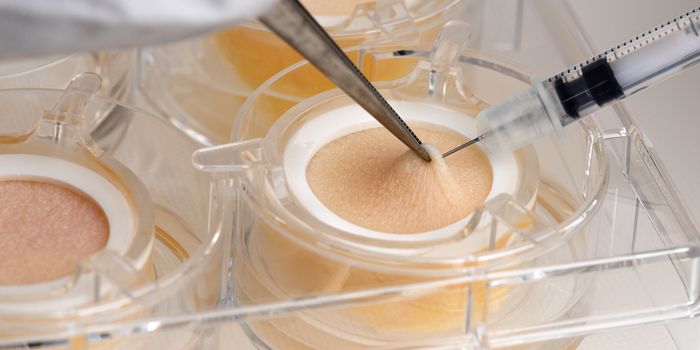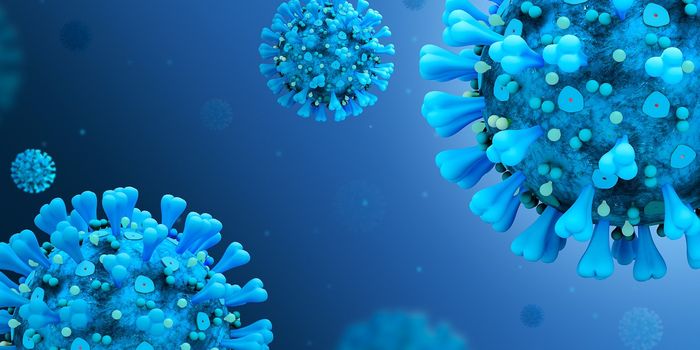A Gene Defect That Causes Deadly Reactions to Viruses & Vaccines
For many years, researchers have stressed the need to add diverse populations to genetic studies, which have often centered on people of European descent. A new report has highlighted that importance. Scientists have discovered a gene defect in the Inuit population that makes children susceptible to death after a simple vaccination or viral infection.
Whole-genome sequencing was used to investigate the cases of children who had experienced severe symptoms resembling meningitis after receiving a live-attenuated MMR (measles, mumps, and rubella) vaccine according to the regular schedule, or after infection with a virus such as COVID-19. In the case of children who had fallen ill after the MMR vaccine, then recovered, one died of COVID-19 whle another died from the flu. Another patient also had difficulty after receiving a vaccine, and extremely severe cases of illness following a viral infection.
An analysis of the genetic data revealed that a gene called IFNAR2 was mutated in these individuals. The findings have been reported in the Journal of Experimental Medicine.
"Initially we didn't think that the defect was responsible for causing the disease, because it's a new mutation that doesn't appear in databases as pathogenic," explained corresponding study author Professor Trine Hyrup Mogensen of Aarhus University.
When samples of the patients' cells were grown in culture and exposed to herpesvirus, there was no immune response. Cells that are infected with viruses will typically express interferon molecules, which are signals that attract the attention of the body's antiviral mechanisms. But no interferon response occurred in this case, and the cells died.
Though the genetic mutation the researchers found is not considered dangerous, this study has shown otherwise. The mutation changes a serine residue to a proline, and stops the expression of the IFNAR2 protein. The interferon receptor is formed by IFNAR1 and IFNAR2, making them essential to the interferon response.
Further work showed that about one in 1,500 Greenlanders in a group of 4,500 individuals were carrying this mutation. Now scientists want to make sure Greenlanders know if they are carrying it.
"The discovery means that screening ought to be carried out. At the same time, it's extremely important that this doesn't lead to vaccine hesitancy among the populations affected. About 80 percent of people in Greenland are MMR vaccinated, but in remote areas, that rate drops to 40 percent, noted Hyrup Mogensen.
"Children with the gene defect shouldn't be given live vaccines, and they must be given preventive, antiviral drugs and non-living, safe vaccines against influenza and COVID-19 at an early stage," she added.
The researchers are hoping to access heel-prick testing data that's been taken for newborns in Greenland, which can reveal the presence of the genetic mutation. This effort could prevent an untold number of deaths by alerting carriers and their families.
Sources: Aarhus University, Journal of Experimental Medicine









